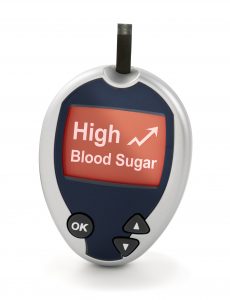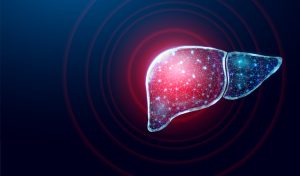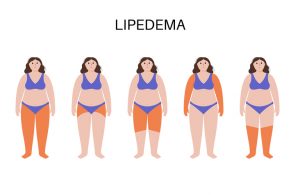 The American Diabetes Association defines hyperglycemia as the technical term for having high blood glucose or high blood sugar.
The American Diabetes Association defines hyperglycemia as the technical term for having high blood glucose or high blood sugar.
High blood sugar can occur in people with diabetes as a result of eating certain foods, skipping, or not taking the correct dosage of insulin. Other causes are taking certain medications, infections, or severe illnesses.
Symptoms of hyperglycemia do not present immediately in most cases. They typically develop slowly, over several days or weeks. According to the Mayo Clinic, hyperglycemia usually doesn’t cause symptoms until blood sugar (glucose) levels are high — above 180 to 200 milligrams per deciliter (mg/dL), or 10 to 11.1 millimoles per liter (mmol/L).
Symptoms of hyperglycemia can include:
- Increased thirst
- Dry mouth
- Fruity-smelling breath
- Frequent urination
- Blurred vision
It is important to pay attention to symptoms because hyperglycemia can become a serious health problem if left untreated. Ongoing high blood sugar levels can lead to nerve damage as well as damage to blood vessels and organs. Potentially life-threatening complications such as ketoacidosis (diabetic coma) could also occur.
If you are experiencing symptoms of hyperglycemia, consult your physician right away. To schedule an appointment with a doctor at Flushing Hospital Medical Center, please call 718-670-5486.
All content of this newsletter is intended for general information purposes only and is not intended or implied to be a substitute for professional medical advice, diagnosis or treatment. Please consult a medical professional before adopting any of the suggestions on this page. You must never disregard professional medical advice or delay seeking medical treatment based upon any content of this newsletter. PROMPTLY CONSULT YOUR PHYSICIAN OR CALL 911 IF YOU BELIEVE YOU HAVE A MEDICAL EMERGENCY.










